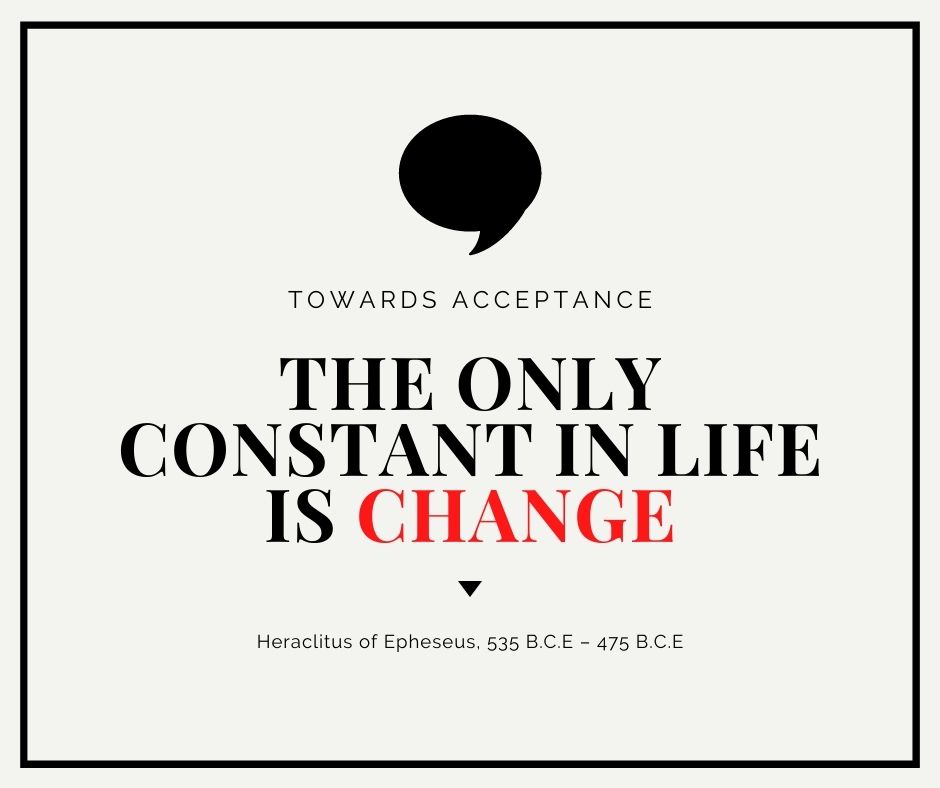SDA Doctrines: Faith & Adjustments to the Doctrine of God
Faith and adjustments to the doctrine of God shows when we express our faith. Faith is not one dimensional. It is possible to express faith in many ways. When we do, we are making known our worldview.
To get some background on this discussion you may wish to read SDA Doctrines: What to Do? and Religious Language as Sign and Symbol
How We Express Faith
One can locate and express faith in many ways: that order will prevail over chaos, freedom over tyranny; the idea that good, or ethical behavior, will always be victorious over evil, that love will conquer hate, and life will prevail over death. These may be expressed as faith in God, but stating this is not necessarily the same as faith in God as defined by the words and actions of the biblical God. One cannot categorically claim that God is Judeo-Christian. This faith is located at the heart of being human. The words and acts of the biblical God are sometimes blatantly immoral, and to retain one’s faith one must make excuses for God, or provide cover. Sometimes one asks if God is really like that. If God is considered the source of ethical behavior, it would seem necessary to critique our understanding of God as one who inspires faith by problematic commands and acts in history recorded in the Bible. God would have to be good, an ethical God; one who would not command us to love, but draw us to love.
The good would not necessarily be defined because it is what any particular god does or says. That God is good is a statement of faith regardless of evidence to the contrary, regardless of what we read in a particular religious text. God is a word, thus a religious symbol. There are many religions and many gods. Judaism is monotheistic, either because an omnipotent, omniscient, and omni-benevolent God makes the existence of other gods superfluous, or the monarchy of Judah, attempting to centralize political and religious power established one national and universal God.
Morality and God
In any case, the superfluous gods are demoted to messengers of the one legitimate God. The claim has already been made that a necessary attribute of any worthy God would be morality. While there are many claims about what is moral, all people have predispositions to freedom and other basic rights despite differences of opinion. An absolute morality cannot be legislated or dogmatized universally without it becoming immoral. If morality is the necessary attribute of God, then the questionable statements of God given in some biblical texts cannot be a property of a legitimate God. Nor can a revelation from this god settle the issue of legitimacy.
The true God must remain unknowable, so expressing God as a God of love is an act of faith anchored in the human act of loving, something we have actually done, not something we know from science, nor does it appear from any appeal to religious experience. In a world of many gods, it may be the case that because one god may exceed another in goodness, the Judeo Christian God expressed developmentally and theologically as an ethical God, is the best or most valuable expression of God for human belief and action; but that is another question dependent on how values are formed and the meaning given to “the good.” We still will have to have faith that at its root the belief that God loves will have to be inseparable from the act of humans loving. In any case the idea of a moral God will not go beyond the collective human imagination.
Adjusting fundamental beliefs
Often promoting this established morality becomes a mask for wars and evangelism where morality is not the primary concern at all; rather, the interests are economic and political. Obviously, the core content of any doctrine affects the relevance of the church in the world. The relevance of a religious organization depends on what it believes and says about God. This belief will affect other doctrines. If the church is to be relevant, and considered by its broadly informed membership to be worthy of support, our entire list of fundamental beliefs must be adjusted for meaning beyond what is said to be revealed or possible by sola scriptura. Doctrines, like scientific facts, are subject to change; but the faith driving the doctrine does not change, indeed cannot change if we are to activate our human freedom rather than be resigned to destructive deterministic forces. The question is: how is this adjustment to be made? Science can say nothing about God; reason can, because it insists that we define our terms. However, science can critique what doctrines say about the empirical world and this may bring a change within a doctrine. Doctrines are a systemic and linguistic whole. While some doctrines may simply fade away due to the critical adjustments, this possibly will be because they have become so weak within the system that they are absorbed by more important doctrines. Or they may simply drop out of mind.
The Result of Informing Doctrine
In the context of expressing what the Second Coming signs, Chiliasm might be such a candidate. In the process of informing doctrine, reason and science will not dethrone God as an ontological symbol because (to draw on Paul Tillich’s well-known expression) Faith (God, ultimate reality) is our “ultimate concern.” The existence of reality (another symbol), which though unknowable informs all of our knowledge, would likewise have to be assumed out of existence for this to happen, and doing this would raise the question of the grounds for doing science.

Societies Change. Many SDA Doctrines reflect a refusal to accept science. That’s a sure way to lose members.

Joe Greig, Ph.D.
Ph.D. (New College, Edinburgh University), Professor Emeritus Andrews University, Berrien Springs, MI
